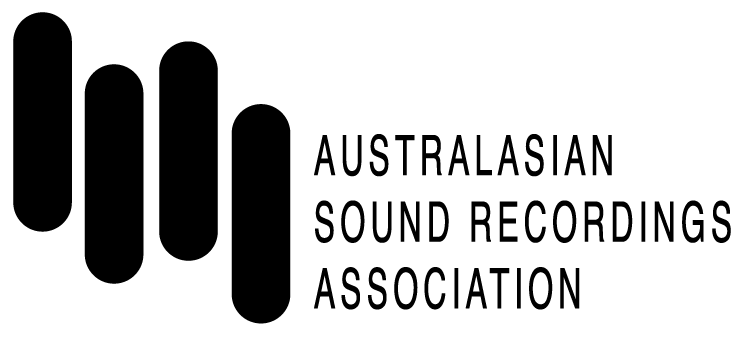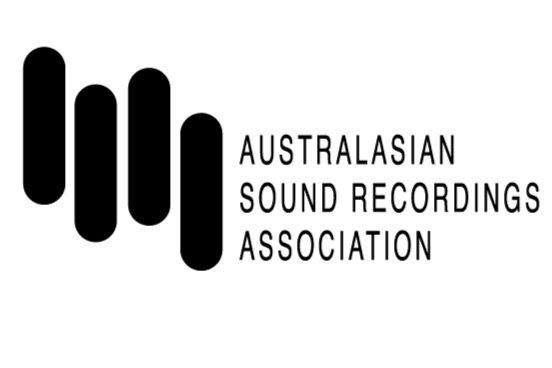President’s Newsletter
2022 - 2023
The Annual General Meeting (AGM) for the fiscal year 2022/23 was held online on Monday, 25 March, 2024.
I opened the meeting by welcoming all attendees and paying respect to the traditional custodians and the ancestors of the various lands on which members were joining from, recognising their enduring connection to the seas, lands, waterways and sites of cultural significance.
A number of reports were tabled, and a copy of these reports are available here:
President’s Report (PDF)
Secretary’s Report (PDF)
Editor’s Report (PDF)
Treasurer’s Report (PDF)
Financial Statement (PDF)
Full meeting minutes will be made available in time, but I have included some key takeaways below.
The previous AGM minutes were carried with very minor changes. The Committee noted that the AGM took place quite late in the ASRA financial year. This delay was partly due to separating the AGM from the Conference, contrary to previous practice. The separation aims to make the AGM more accessible to members and allows the conference to be focused on presentations and activities relevant to all attendees. Organizing conferences requires a lot of time and energy, and tends to consume much of the Committee's attention. We plan to gradually address this issue over the next few years to reduce the gap between the end of the ASRA year and the AGM.
During the AGM, we discussed the update on the review of the ASRA Constitution, which was presented by our Treasurer & Membership Officer, Matthew Davies. In December 2023, amendments to the ACT Associations Incorporation Act 1991 were published, and in February of this year, they came into effect. The amendments include provisions for virtual meetings and electronic record keeping, and these provisions apply to ASRA with immediate effect, as the model rules are applicable except where our constitution specifically proposes alternate rules.
Items under consideration will likely include:
Reducing the size of the ASRA Committee from the current 12 members to 8, with 5 mandated positions and 3 optional ordinary board members.
Clarifying our position on Institutional membership in relation to board participation and the privileges extended to staff of institutional members.
Reviewing membership categories.
Inclusion of new clauses regarding dispute resolution and some minor technical matters required to make our constitution fully compliant with current rules, noting that in the interim the model rules would apply.
These will result in a set of proposed changes which will be presented to Members for consultation. When we are satisfied that there is a consensus on the proposed changes a General Meeting will be called to approve the new constitution in accordance with the regulations. We will keep you updated on the timeline and form these proposals will take as we progress. We hope these changes will provide clarity, equity and value for our members and ensure the long-term sustainability of ASRA.
Overall, the Association returned a 2023 operating deficit of $1,174.26, which is $7,527.18 down from the 2022 profit of $6,352.92. It should be noted that the 2022 fiscal year included a one-off $5,000 donation. This deficit was a result of our not having a conference during the financial year and the relatively high expenses associated with printing and postage of our journal. A preliminary analysis of 2024 results indicates that we will return a small surplus for the 2024 financial year.
Much effort has been spent handing over the Treasurer’s role. My thanks go to the previous Treasurer Mark Piva, and the current Treasurer, Matthew Davies, for their great effort in this handover. In the backrooms of ASRA, we have been steadily consolidating and migrating operations to a Microsoft Office 365 environment. This includes our communications and document storage. The centralisation of our records and documents will hopefully make future handovers and transitions much smoother, but there’s always a lot for the incoming officer to learn. This transition has had its own steep learning curve.
The ASA journal will soon be published. More details can be found in the Editor’s Report. I thank our Editor, Christopher Paroz, and Dorothy Crotty, the layout editor. The journal has fallen into a bi-annual schedule, but we are aiming to get it back to an annual release.
We have been looking at the requirement for giving the Journal Peer Review Status, and Christopher presented a report, which is linked above. The short version is that it’s really quite complex and likely beyond our resources to implement. The Committee will continue to look into this further before any final decisions are made.
Chris has also been very busy in efforts to make ASRA content digitally accessible. All ASA journals, Branch Letters and other material deposited by ASRA with the National Library of Australia have been digitised. Further work is still required to prepare this material to make it available, but this is a huge milestone. Digital accessibility has been on the ASRA Agenda since the 1990s and is now a reality. I note that much of our past journal content is already available.
Marie O’Connell (VP) and John Kelcher have stepped down from the Committee. Marie was very active in the Committee, especially with our engagement with New Zealand and the regional community. Regional engagement has always presented a challenge for us, and I acknowledge that we still have a lot of work to do to build and maintain our regional audience and community. I thank them for their contribution.
Another new initiative we will be undertaking this year is making videos of the 2023 Conference sessions available. Watch this space for updates on that, as I hope to add some very soon.
Like a duck swimming, there has been a lot of activity under the surface in the past year. I’d like to extend my deep and personal thanks to all of our Committee members who volunteer their time for ASRA.
Damien Cassidy
President


